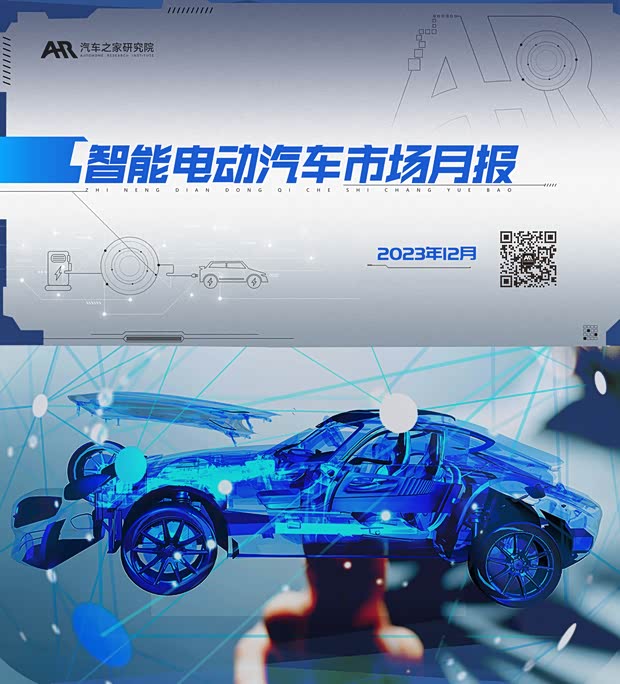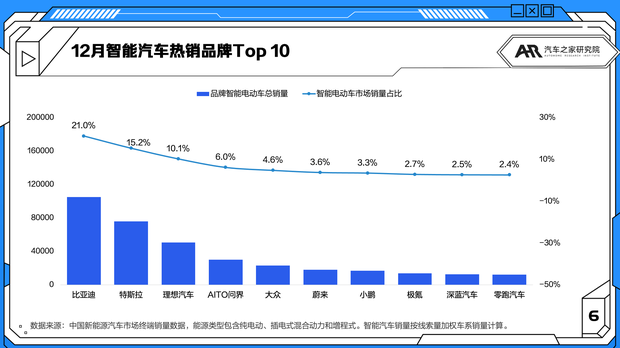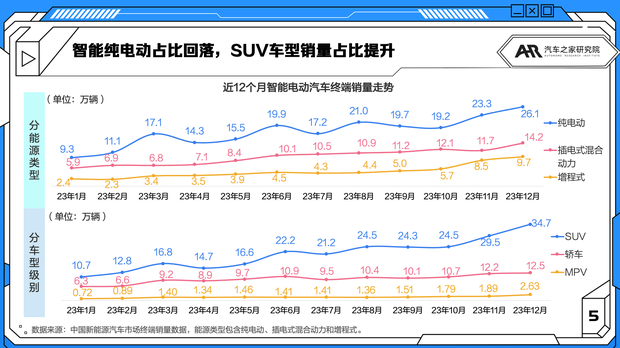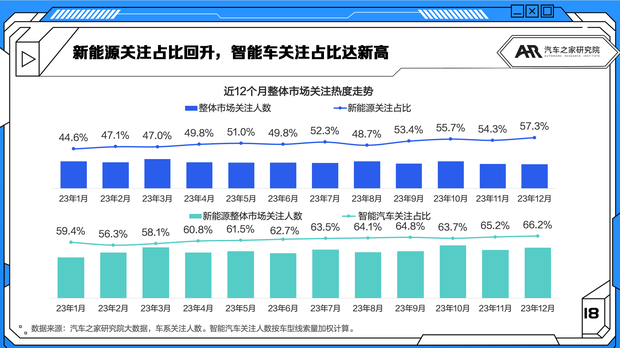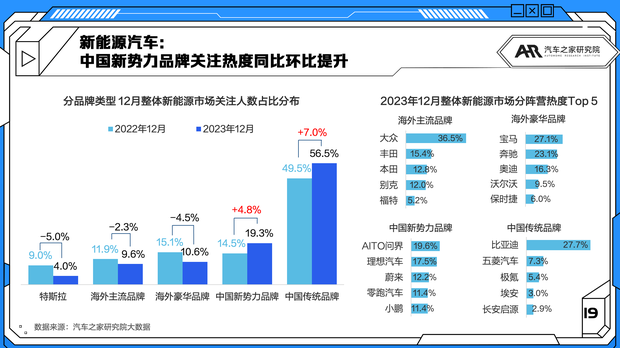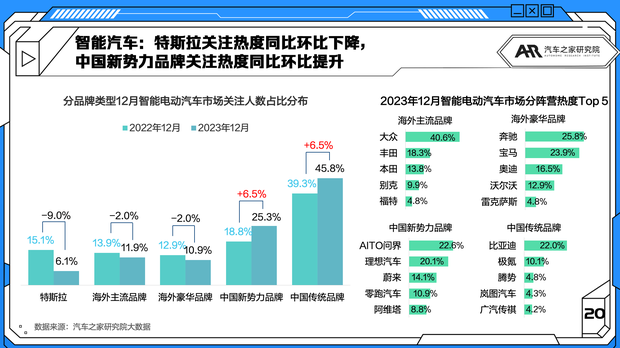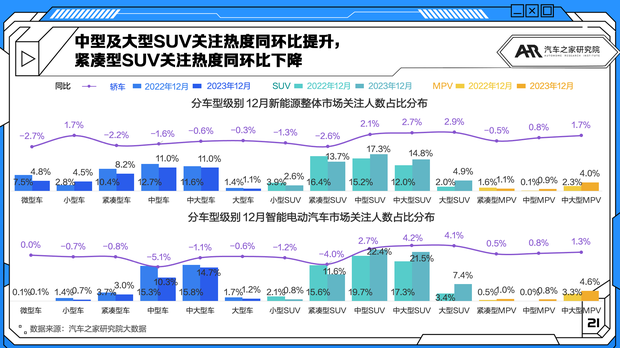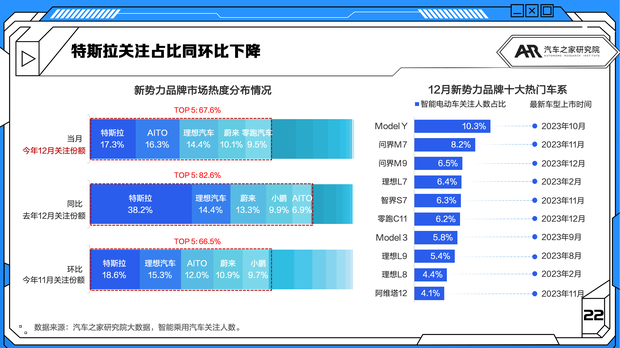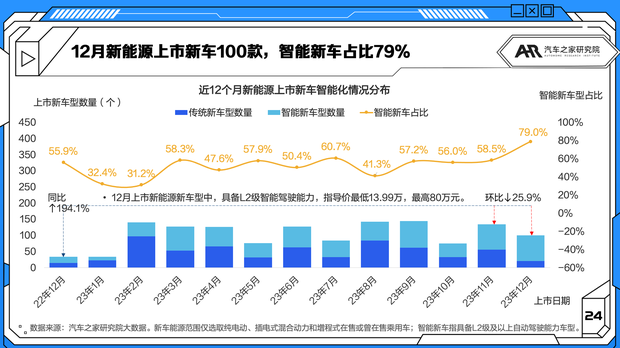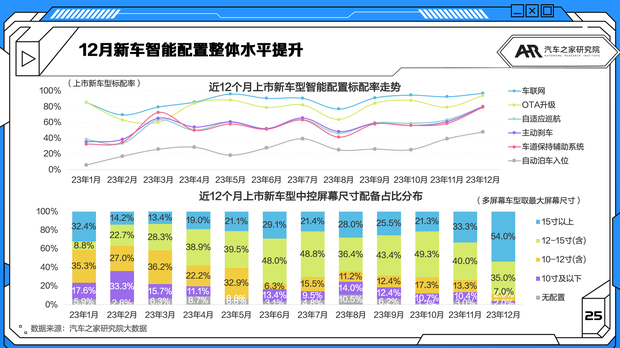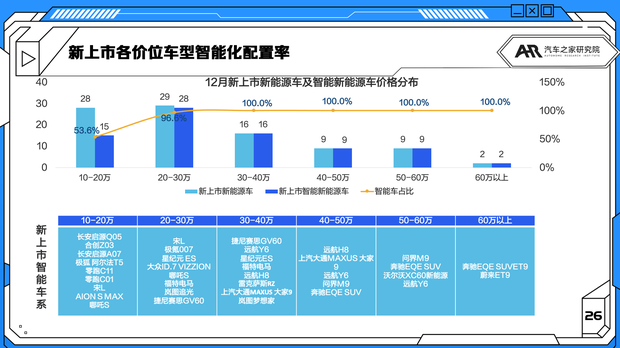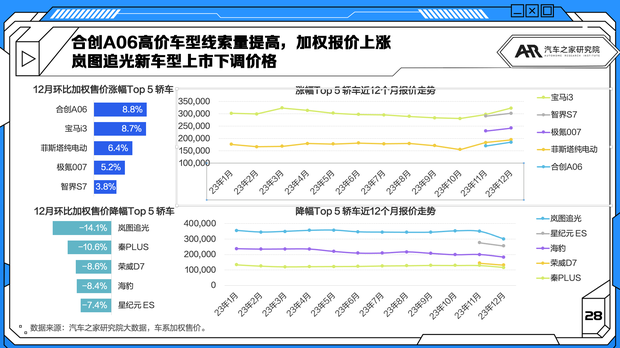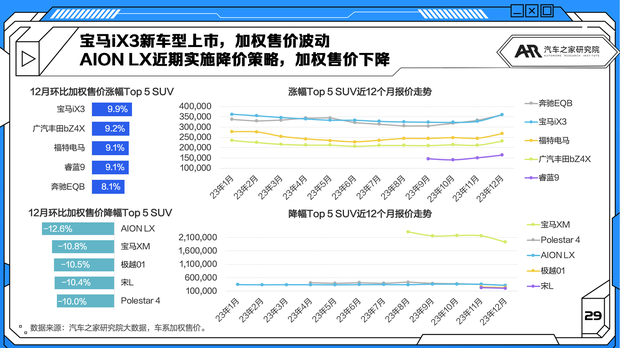The first computer developed by New China was designed by her.
Original bad review jun bad review
Click on the picture to jump to the video!
Write in front:
On March 8th, Women’s Day, I would like to take this opportunity to talk to you about Xia Peisu, the mother of computers in China. China’s first chip was named after her. Without her, China’s computer industry might be stagnant for 50 years.
The following is the text draft ▼
On July 28th, 1923, a baby girl was born in Chongqing. His father’s name is Xia Hongni. He used to run a school and run an industry in Jiangjin County, and his mother Huang Xiaoyong is the principal of Jiangjin Girls’ Primary School. Perhaps they want to train this child to be a serious scholar. They named this child Xia Peisu.
At this time of social unrest in China, during this period, many scholars are thinking of changing the status quo through change. No one can think that this baby girl will play an important role in the modernization of science and technology in China in the future. And won the title of the mother of computers in China.
Hello, everyone, I’m a bad reviewer. In today’s video, let’s talk about Xia Peisu and China’s computer industry, which was conceived by her.
The Historical Necessity of Computer Development
Why should we develop computers?
In 1946, a China mathematician with only junior high school education traveled across the ocean and came to the United States, the world science and technology center at that time. Although his education was not high, he was a visiting scholar at Princeton University in the United States. Even later.
He was also appointed as a researcher by the Princeton Institute for Advanced Studies. At that time, his colleagues included Einstein and von Neumann, who is now called the father of modern computers.
And his name is Hua Luogeng. This year happened to be the year when the world’s first electronic computer, ENIAC, was successfully developed. Von Neumann is one of the scientists who participated in the production of this computer. Thanks to his relationship with Von Neumann, he was fortunate to visit this most advanced electronic computer in the world at that time.
At that time, he was impressed by the advanced degree and calculation speed of this computer. As a mathematician, he deeply knew the importance of calculation speed to a country’s scientific and technological development. The idea of making our country’s own computer from now on
It took root in his mind.
Develop computers
On October 1st, 1949, New China was founded, and the domestic environment gradually stabilized. At this time, China urgently needs those talents who have studied abroad to return to build the country.
However, the newly-established New China is far behind foreign countries in terms of both economic conditions and scientific research conditions, so it is better to choose an excellent living and research environment or to devote ourselves to the journey of building the motherland without hesitation. This has always been a dilemma for overseas students.
Except Hua Luogeng.

He thinks that China has entered a new stage, and he wants to make contributions to China’s science and technology catching up with the world level. At the same time, he knows this matter well, and it needs talents from all disciplines to work together. So, when he returned to Hongkong, Hua Luogeng wrote an open letter to all students studying in China.
In the letter, he wrote: "Friends! We have been deeply restricted by immigration laws and discriminated against by skin color, which has not set a circle for us. Of course, some so-called "outstanding" individuals have jumped out of this circle and received special "grace" and "permission" and "naturalization", but if we think about it, our compatriots are being bullied and discriminated against, and if they are "appreciated" by individuals, they will be complacent. What kind of heart is this!
Friends! Liangyuan is good, but it’s not a hometown where you have lived for a long time.’ Come back and forth! "
Then in March 1950, Xinhua News Agency broadcast this open letter to the whole world. Many other overseas students are eager to serve the country, and Xia Peisu is one of them.
After Hua Luogeng returned to China, the idea of building a computer, which once only stayed in his mind, can be put into action. However, computer is a complex interdisciplinary subject, and it is impossible to do it only by knowing mathematics. He urgently needs talents who know something about electrical machinery and physics.
So Hua Luogeng found Min Naida, who was in Tsinghua University Telecom Network Research Office at that time, and Min Naida recommended two candidates to Hua Luogeng, Xia Peisu and Wang Chuanying, who had just returned from overseas.
From then on, these three people formed the first computer research group in China and started the development of the first computer in China. However, Min Naida later left because he needed to continue his mathematics works, while Wang Chuanying was assigned to the Soviet learning accelerator because he needed talents badly to develop the atomic bomb.
Of the three people in the initial group, only Xia Peisu was left.
Xia peisu’s life
Early school experience
Xia Peisu was born in 1923 when the society was in turmoil. After the Anti-Japanese War and the Civil War, she graduated from the Department of Electrical Engineering of Central University in 1945.
According to her, the reason why I chose this major was simply that I was "interested in inductance".
In the next two years, Xia Peisu completed his postgraduate studies at the Institute of Telecommunications of Jiaotong University. In 1947, he studied in the Department of Electrical Engineering, University of Edinburgh, England, completed his doctorate in 1950, and returned to China the following year.
Later, at the invitation of Hua Luogeng, he began to study computers.
According to Xia Peisu, "The sofa, coffee table and table in Mr. Hua’s living room are all open books and periodicals. I think Mr. Hua is a scholar. Later, we sat down and talked. He asked about our education and experience. Willing to engage in computers; Of course I’d love to. Because I already knew something about computers when I was in England, knowing is a very promising subject. So if our country wants to do it, I am particularly willing to do it. So at that time, I expressed my willingness to go to Mr. Hua to develop electronic computers, and that’s how the work began. "
Take the lead in starting the computer business in China.
However, the task is coming, but how to start it has become a difficult problem. At that time, New China had just been established. Due to the severe blockade of China by western countries, not only scientific research funds were scarce, but also scientific research materials on computers were basically absent. Xia Peisu and others can only study while collecting domestic and foreign materials. They read a lot of foreign English periodicals and contact overseas students and ask them to collect some latest information about calculation.
When the materials were collected, Xia Peisu sorted and absorbed them and compiled them into handouts. There was even a training class with handouts to train computer talents, but they didn’t even have decent scientific research equipment except for the scarcity of information. During the Institute of Mathematics of Chinese Academy of Sciences, Xia Peisu and others had to collect experimental equipment everywhere in order to build a laboratory.

Xia Peisu once wrote in his memory: "At that time, everything in the experiment had to start from scratch. Wang Chuanying often went to the city with a small bag to buy radio components, electricity meters, wires and tools. Sometimes I even go to the thrift store to look for something useful. "
However, it is under such difficult conditions that the computer team has completed the design of arithmetic unit, controller and memory, laying the foundation for making general-purpose computers.
107 Computers and Their Contributions
However, although the domestic computer development work has started at this time, because the foundation is really weak, more technical support still comes from the Soviet Union.
In 1959, the computer team copied the prototype No.103 and No.104 by studying the M-3 and BESM-|| computers of the Soviet Union. But just as they were preparing to start developing applications for calculation, the relationship between China and the Soviet Union suddenly deteriorated rapidly, and the Soviet Union withdrew all the expert groups, instruments, equipment and materials in China. At this time, the international community generally believes that without the support of the Soviet Union, China’s computer industry will stop.
However, the computer industry in China has not stopped.
Things didn’t go as expected in western countries. Without the support of the Soviet Union, Xia Peisu and others decided to simply abandon the Soviet design and design our own computer in Chinese. Not long after, just two years later, the first general-purpose computer in China, which was designed by Xia Peisu himself and named 107, was successfully installed in the National Science and Technology University in Beijing.

This 107-tube digital computer occupies 6 cabinets, and uses a total of 1280 tubes, with a word length of 32 bits, a magnetic core storage capacity of 1024 bytes, a machine frequency of 625KHz, an average of 250 operations per second and a power consumption of 6000 watts. This machine can run about 100 programs, including checking programs, error diagnosis programs, and various applications.
At the beginning, all the bosses hand-coded the machine code and wrote these programs, which is the number 0101. It was not until later that I switched to assembler, and this 107 computer became the teaching ancestor of China computer industry.
At that time, the National University of Science and Technology compiled a lecture on computer principles and programming based on the 107 computer, which was used as a teaching material for computer specialty, mechanics department, automation department and geophysics. Until he retired in 107, there were 240 students majoring in computer science and 360 students from foreign departments who wrote their own programs to calculate problems on 107.
Besides teaching tasks, the 107 computer has also accepted some other units’ calculation tasks, such as tidal forecasting calculation, atomic reactor ray energy distribution calculation and so on. Even the first Ministry of Machinery Industry followed the drawing of 107. Another one was copied, which was specially used for ballistic calculation, which played an important role in the experiment of studying missiles and hydrogen bombs.
It can be said that the security of China today is inseparable from the contribution of Xia Peisu and the 107 computer she designed!
Inheritance of spirit
In addition to the development of computers, another thing that Xia Peisu is concerned about is teaching and educating people.
Since the 1960s, Xia Peisu began to train graduate students, and she has trained more than 60 graduate students. Among them, two won the National Excellent Doctoral Dissertation Award, and three won the China Youth Science and Technology Award. Xia Peisu believes that training graduate students is mainly to train talents for the country, not to help tutors complete scientific research tasks.
She firmly believes that it is absolutely impossible to develop the computer industry without new forces, and it is her duty to train talents for the computer industry. Han Chengde, the first master student trained by Xia Peisu in the 1960s, participated in the development of China’s first satellite ground measurement and control computer 717 at the end of the 1960s.
The 717 computer system is the first large-scale real-time engineering system developed by China. Li Guojie, a master student trained by Xia Peisu in 1970s, went abroad to study on Xia Peisu’s recommendation. After returning to China, he led a young team and used limited manpower and funds to successfully develop Shuguang series high-performance computers. Its performance and price are much better than those of the same type imported from China, breaking foreign monopoly and changing the embargo standards of foreign countries on high-performance computers in China. And Xia Peisu always thought
The research work must be very advanced. In the early 1990s, she clearly realized that the development and application of high-performance computers related to the overall strength of the country. While promoting related work, she suggested that the country should vigorously develop the design and manufacture of VLSI, otherwise it would be subject to people forever. And this very large scale integrated circuit
Let’s simply understand CPU now.
The last project of her scientific research work is Godson-1, which is the first chip with completely independent intellectual property rights in the real sense.
The person who led the team to lead this Loongson project was Xia Peisu’s student and now the father of Loongson-Hu Weiwu.
And this Loongson No.1 has another nickname, called Xia 50.
And was designed and printed on the metal layer of Godson I:

This name is to commemorate Xia Peisu’s 50 years of hard work in the computer industry. Since then, Xia Peisu has faded out of the scientific research field and enjoyed his life.
ending
On August 7, 2014, the 91-year-old Xia Lao died in Beijing due to illness and treatment. In the same year, in order to commemorate Xia Peisu’s outstanding contribution to China’s computer development, the China Computer Society specially set up the Xia Peisu Award, which was used to award female scientists and technicians who made outstanding contributions to promoting the computer industry in China. So far, nine outstanding women have won this honor.
In June 2021, Hu Weiwu, a student of Xia Peisu, recalled his teacher in an interview, "My teacher has a great influence on me in many places. For example, when she talked about scientific spirit, I gave my paper to my teacher, and my teacher corrected it for me for 8 months, making a total of 26 drafts. You can’t imagine how strict she is. She really teaches me to learn, but more importantly, she has feelings for the country. "
From this passage, we may get a glimpse of why students in Xia Lao always want to stick to the road of independent innovation.
It is with these rigorous patriotic scientists that China can continuously achieve one new breakthrough after another on the road of science and technology.
Director: Yang Zi Video Production: bilibili Bad Review Jun
Editor: Huan Yan (video) & Xuan Xuan (tweet)
References:
Xia Peisu and the establishment and development of computer science in China, on Xia Peisu’s contribution to computer science in China, No.6, Volume 34, Shanxi Science and Technology in 2019, a brief history of computer development in China, Science and Technology Herald, 2016,34 (14),
Xia Peisu, the mother of China computer,
Academician Xia Peisu, one of the founders of China computer,
Computer education in December 2003,
The computer pioneer who built modern China、BBC Future、
BGM:
Thunderbird-ryan taubert
forever was made for me and you-tyler brown williams
Not too late-sailr.wav

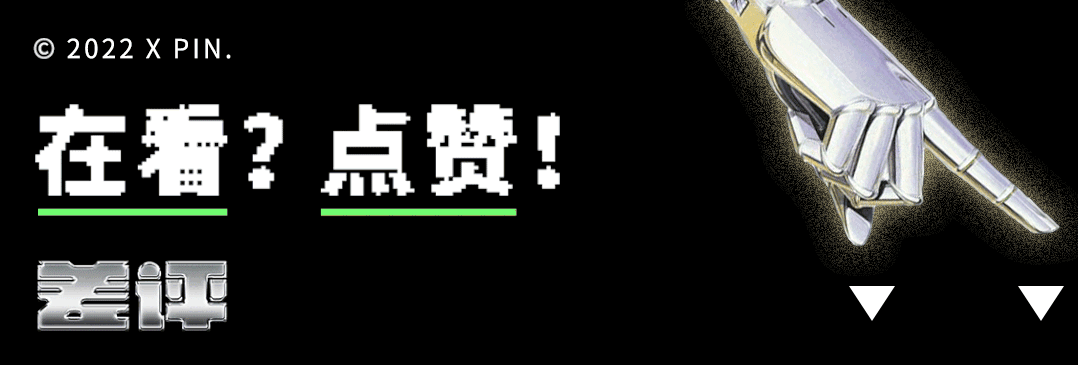
Original title: The first computer developed by New China was designed by her. 》
Read the original text
